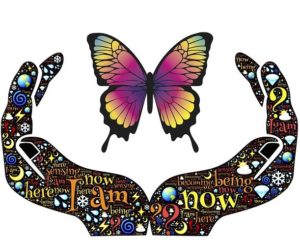Judgment
By Lisa Tetreault, LMHC
I like to educate my clients on the detriments of judgment because I feel that it can affect the quality of our lives. Let’s face it, we all judge. The goal is to be mindful enough to catch ourselves and reframe and have empathy. I find that the more we judge, the more we fear judgment. We all like to think that others think as we do and when they don’t we say, “Why don’t they think like me?” If we think that others think like us and we are judgmental, then we may tend to assume that others are also judging us! I also see a correlation between judgment and self-judgment. Judgment is not beneficial and sometimes it leads to holding grudges and you know what they say about that! ie “Holding a grudge is like drinking poison and waiting for the other person to die.” The other person is usually not affected and we end up being poisoned. This can affect our health and the quality of our lives. Remember, there is a fine line between judgment and acknowledging what you don’t like and on that fine line is empathy. We are all flawed humans doing the best we can so try to have the empathy you would hope for from others. There is no empathy in judgment. So, if you catch yourself judging, mentally tell yourself to erase it. It is always your prerogative to choose with whom you want to spend your time. Choose wisely. Your vibe attracts your tribe.


